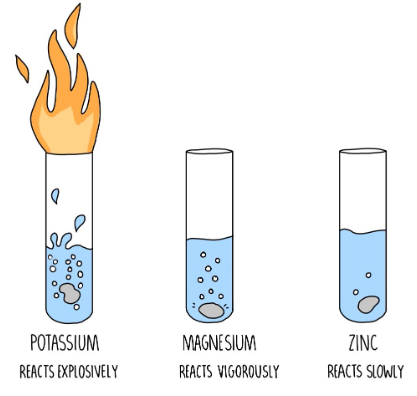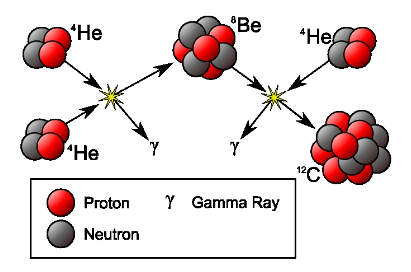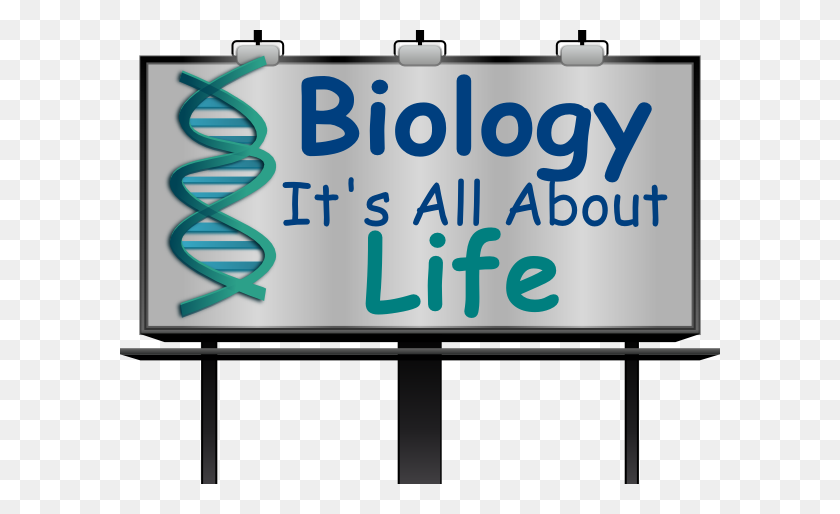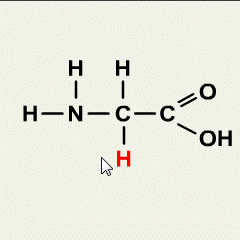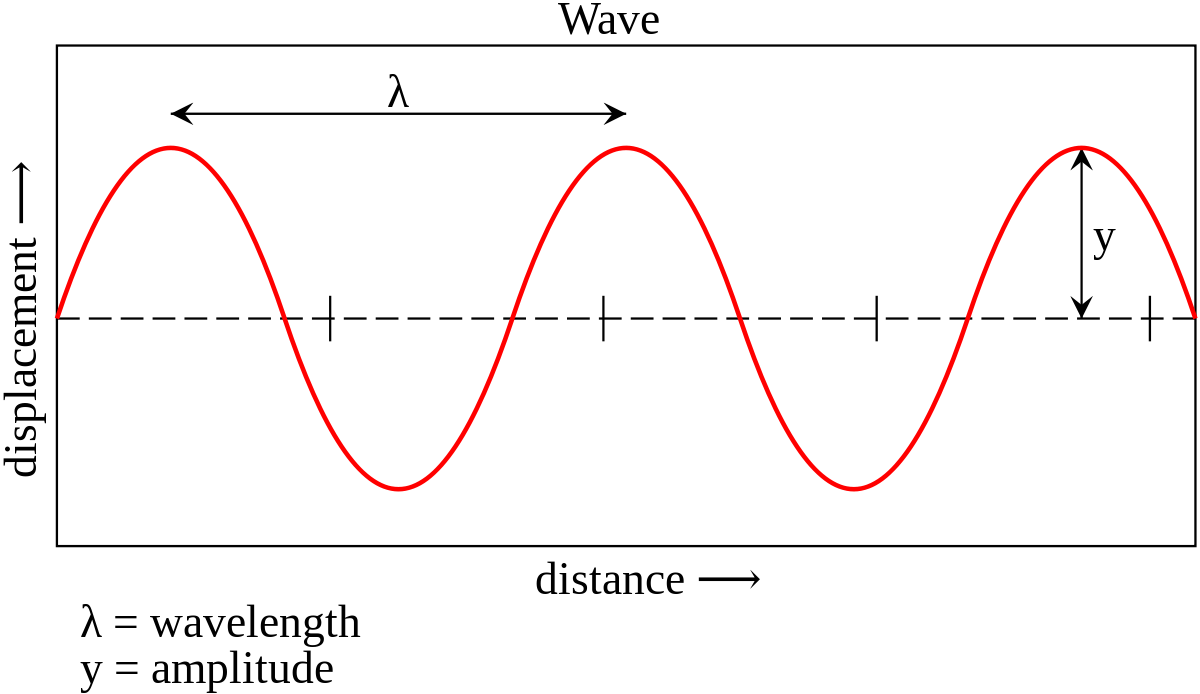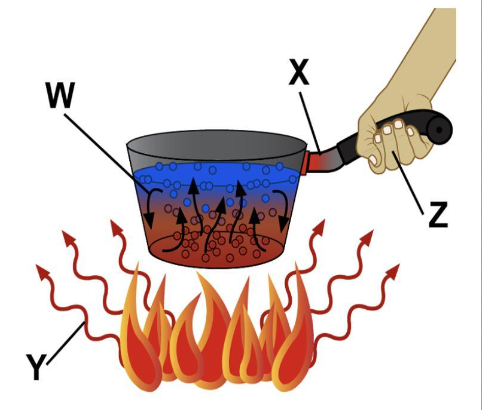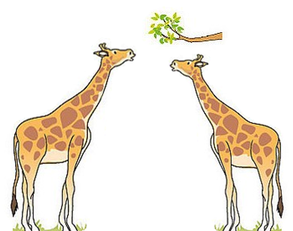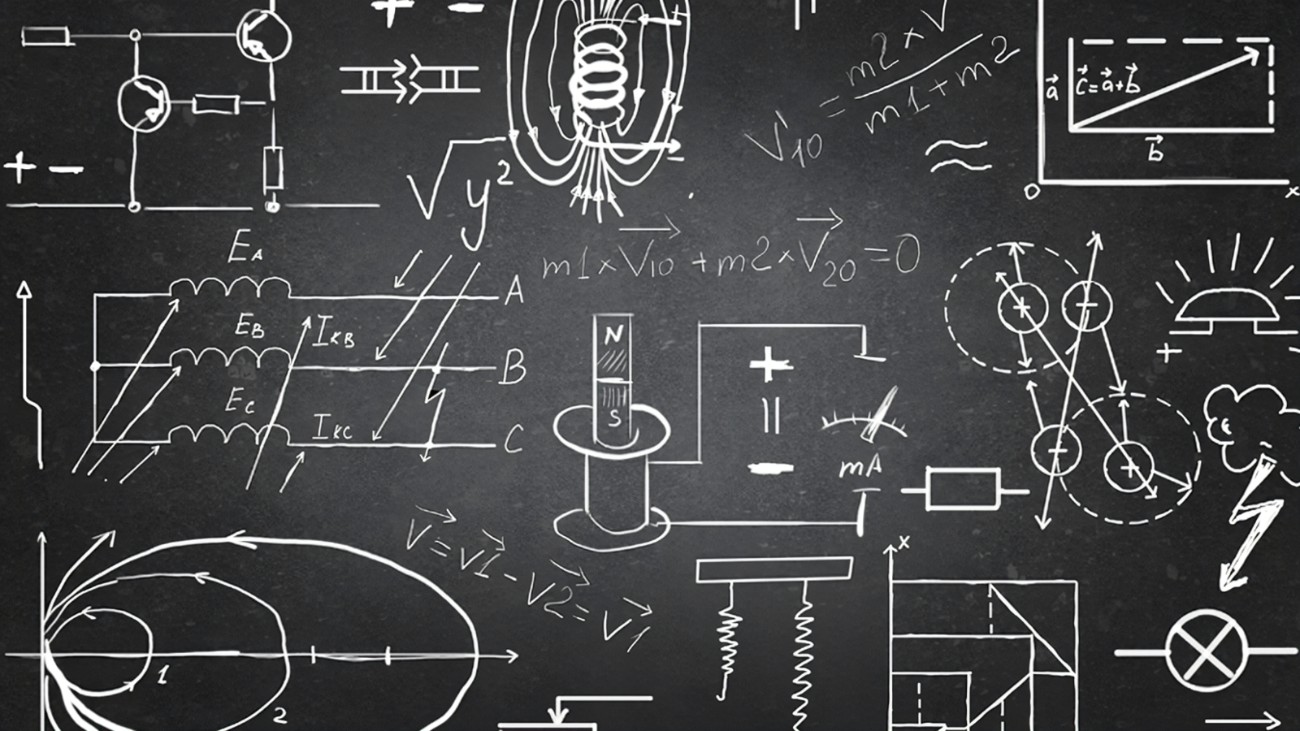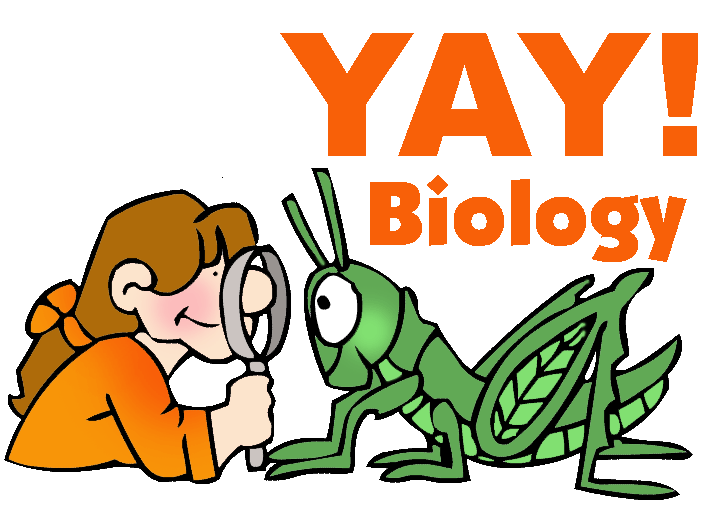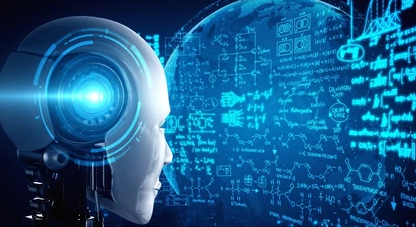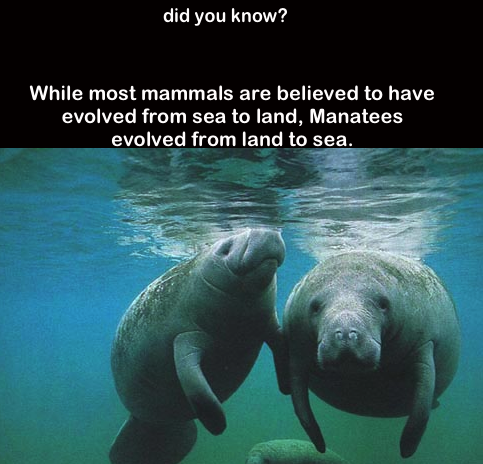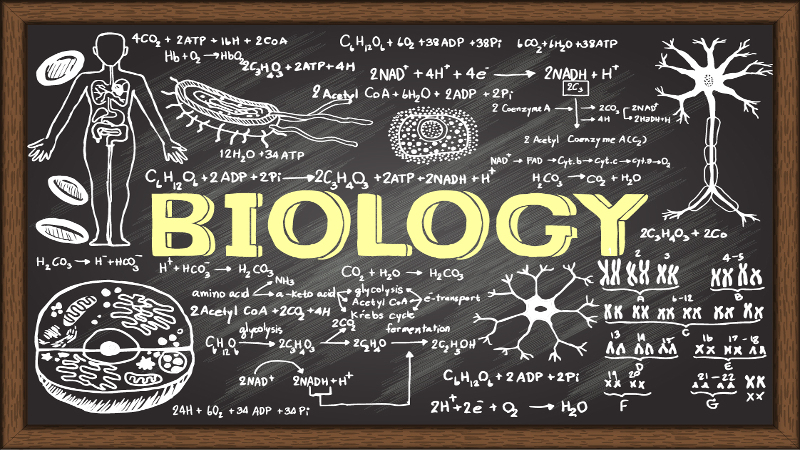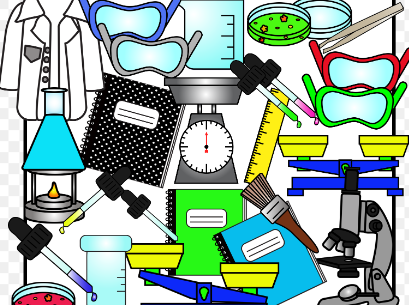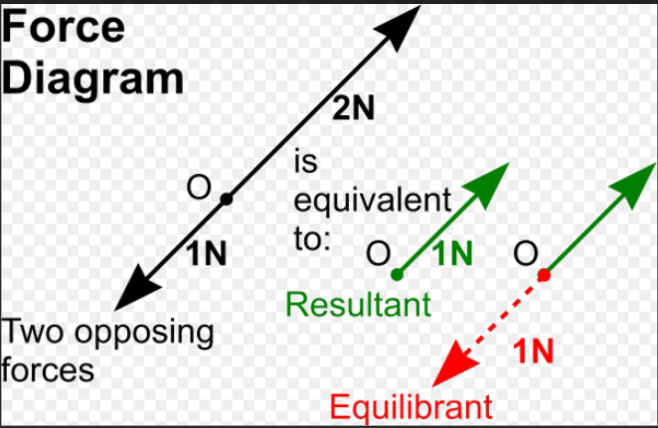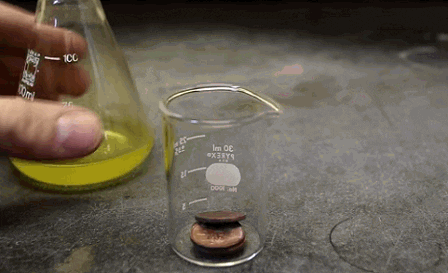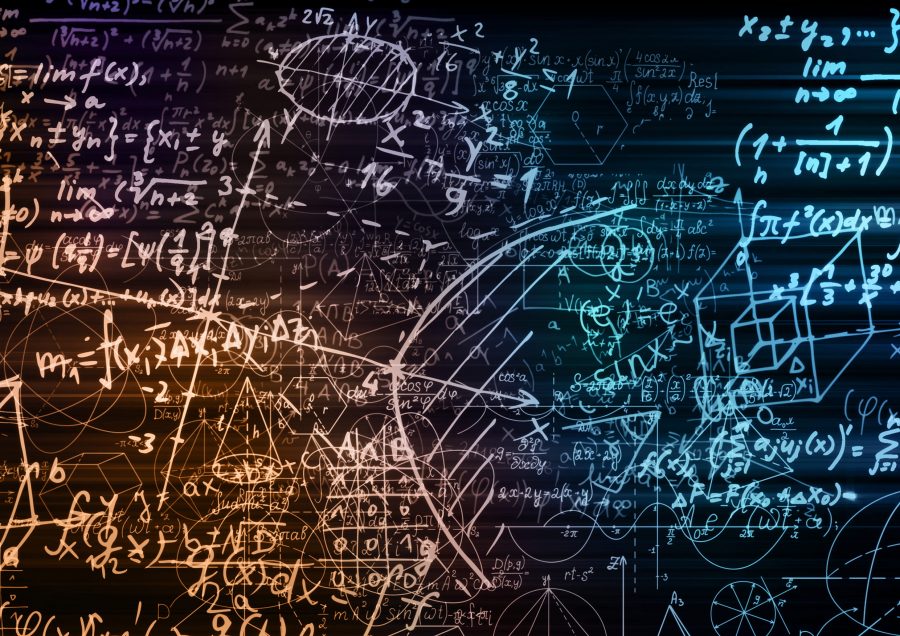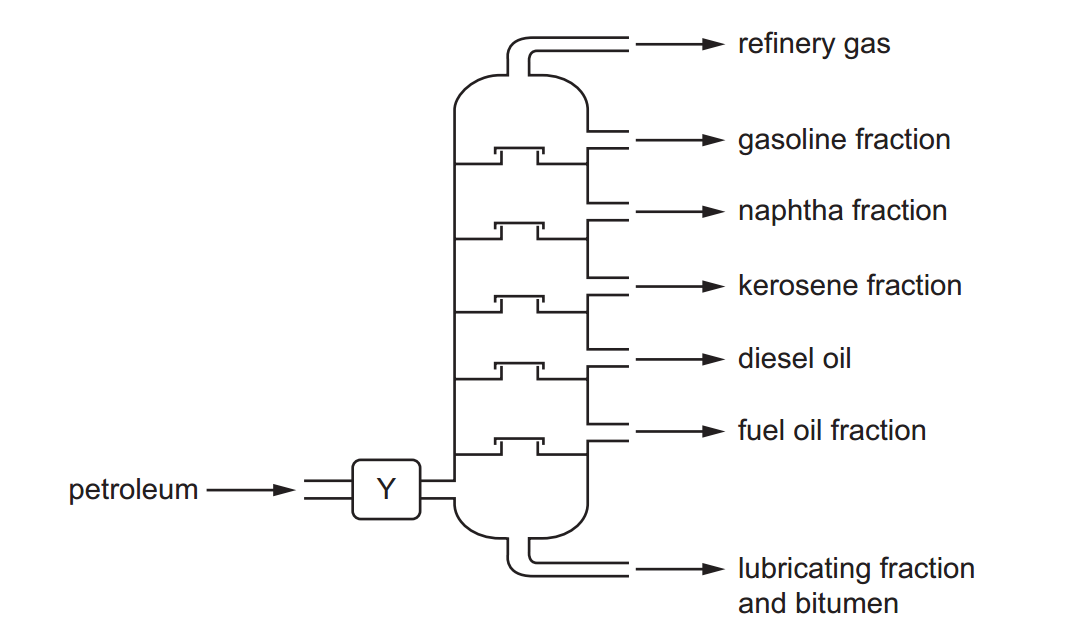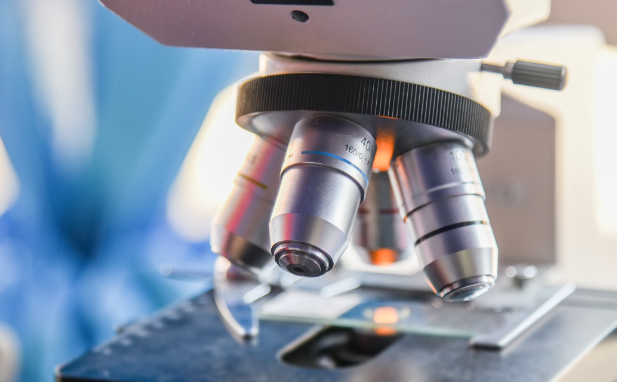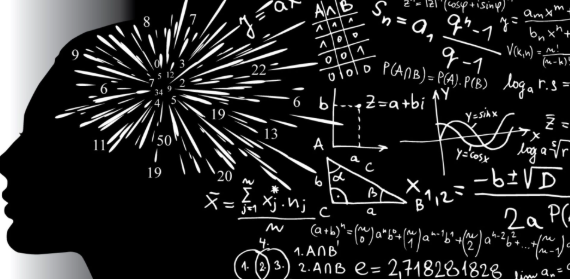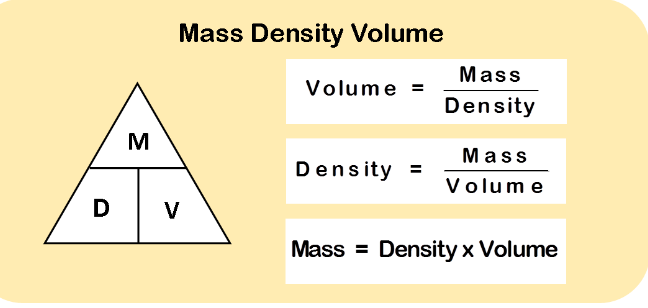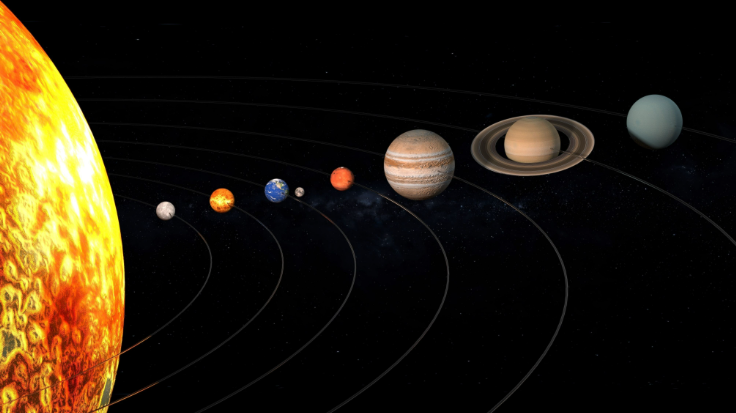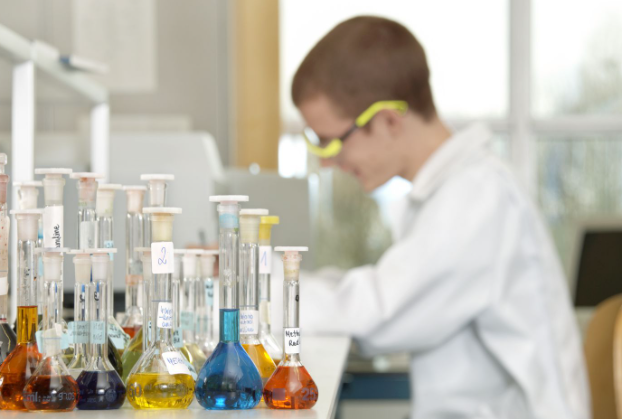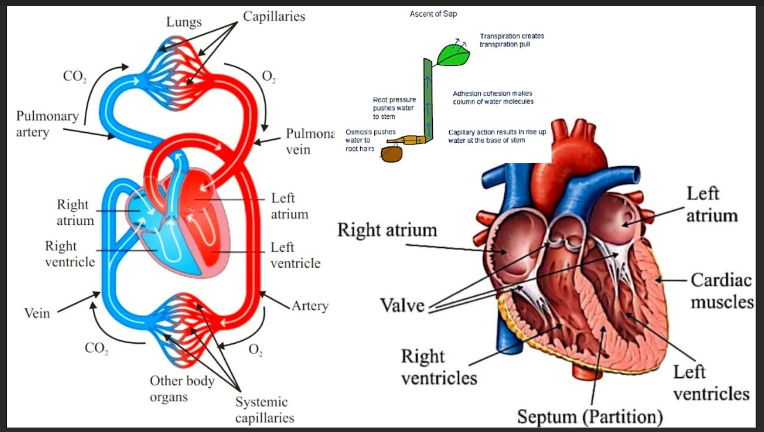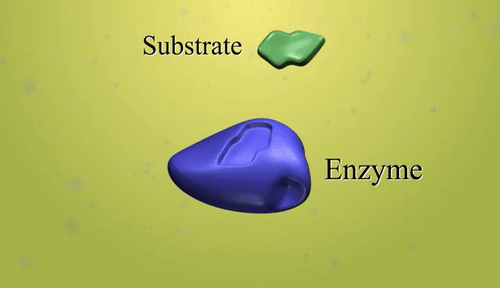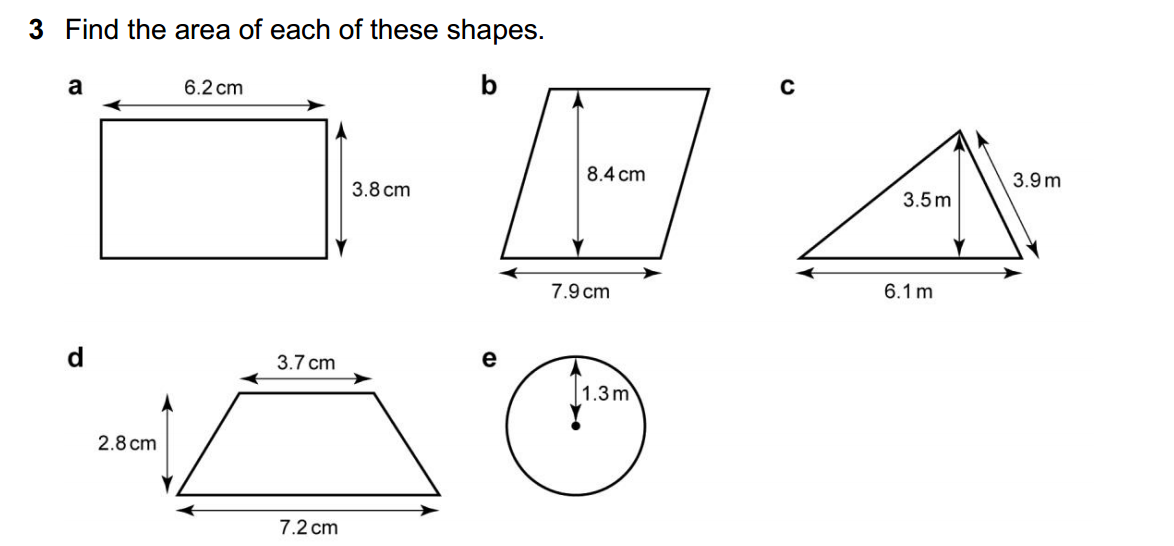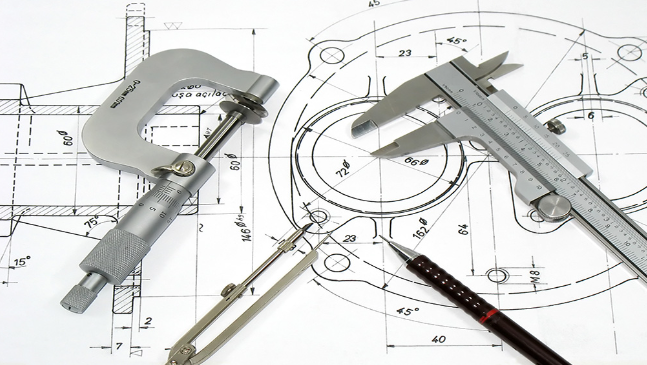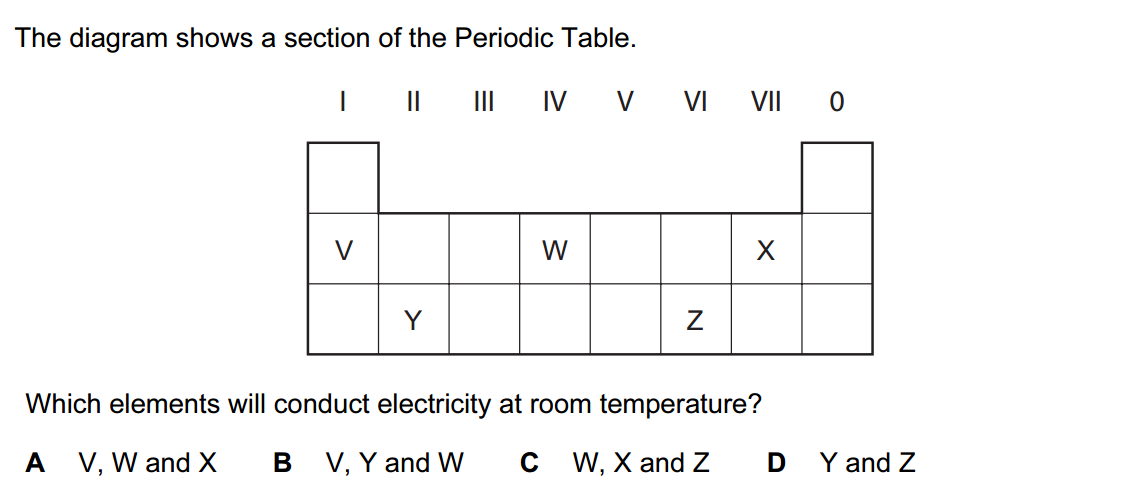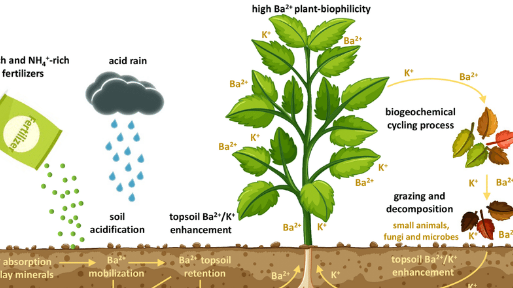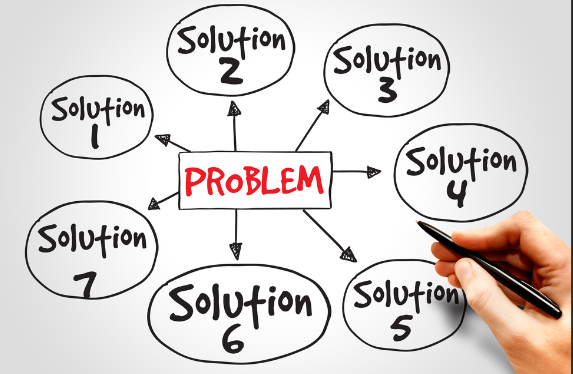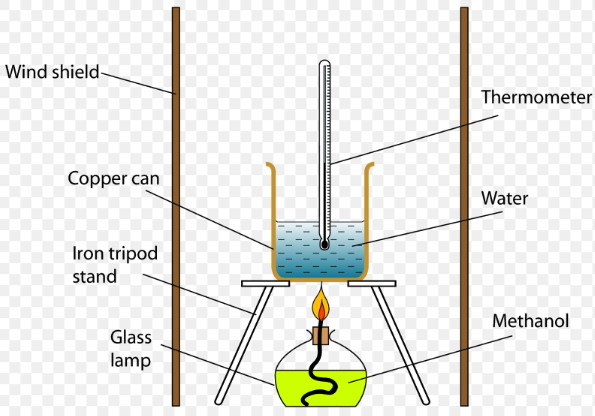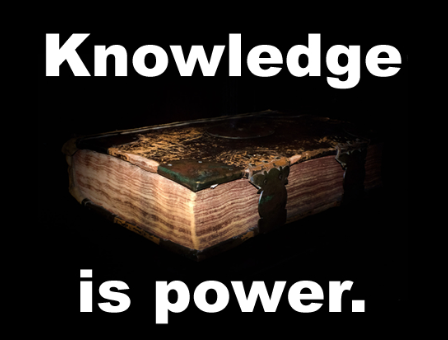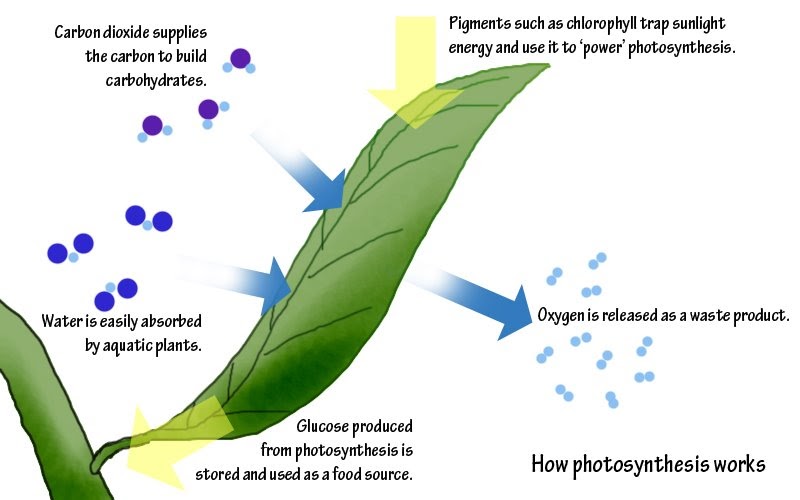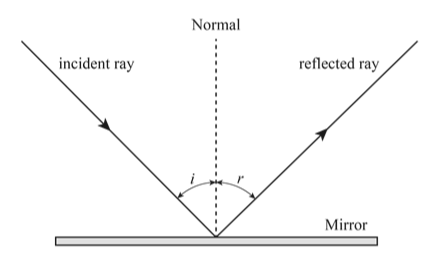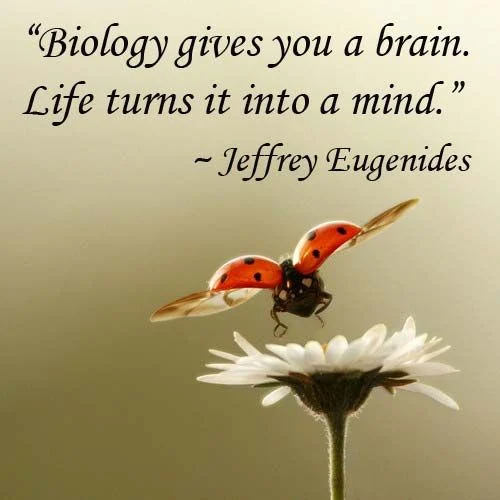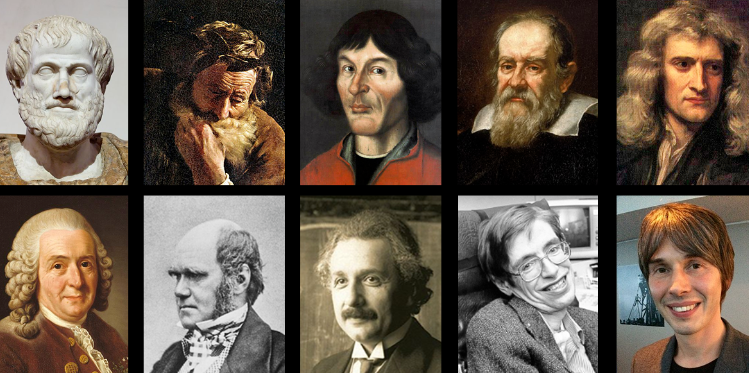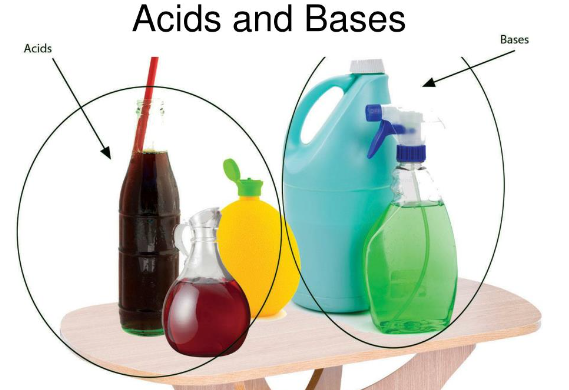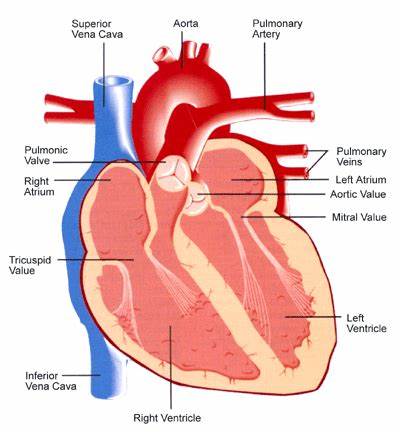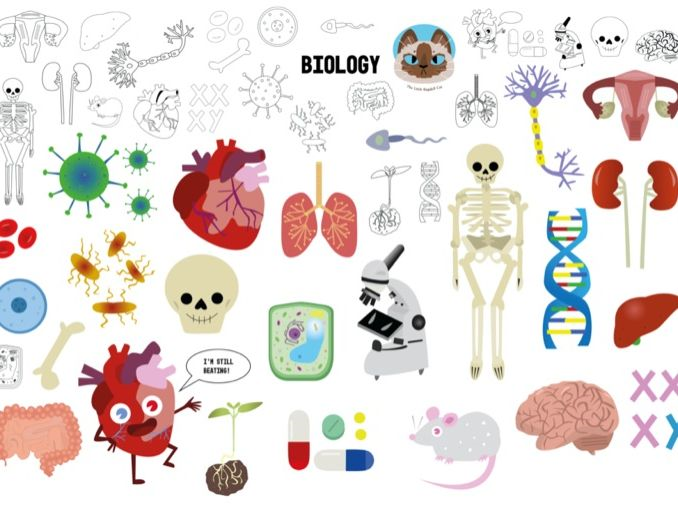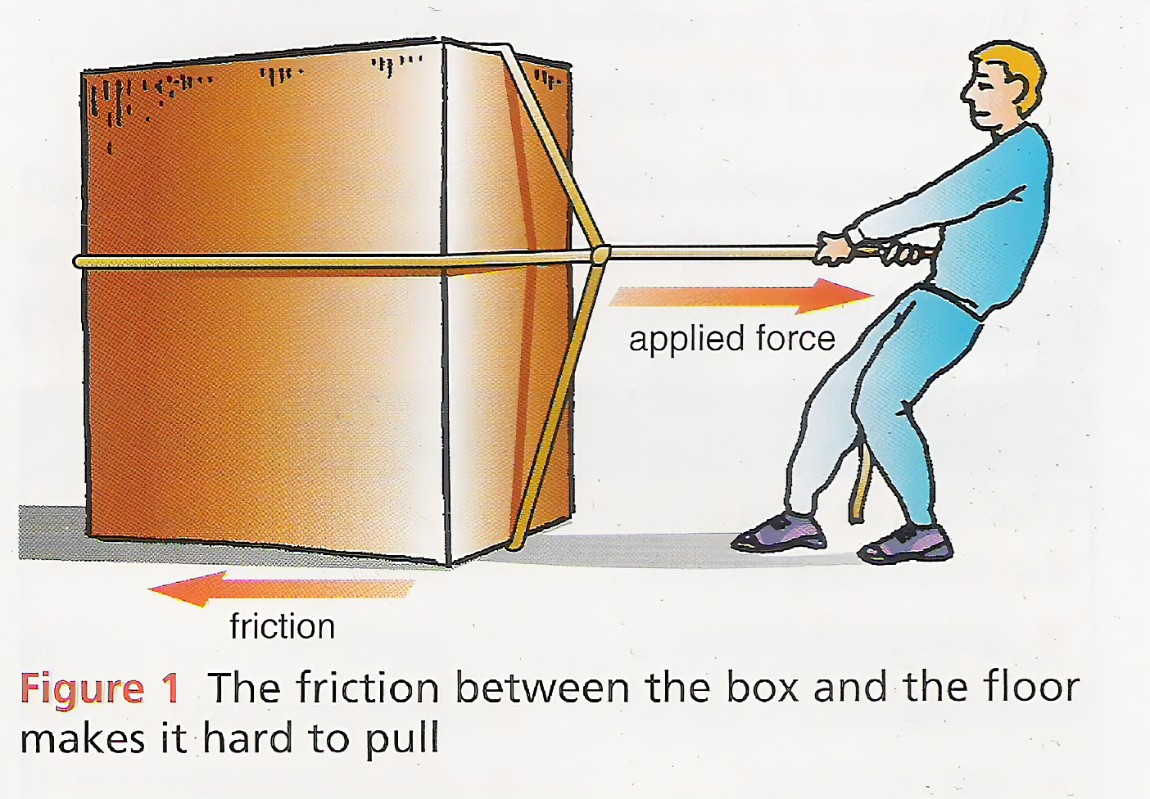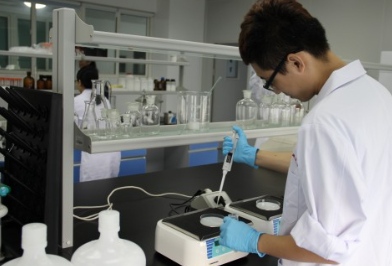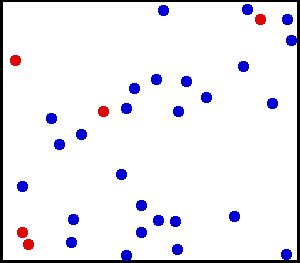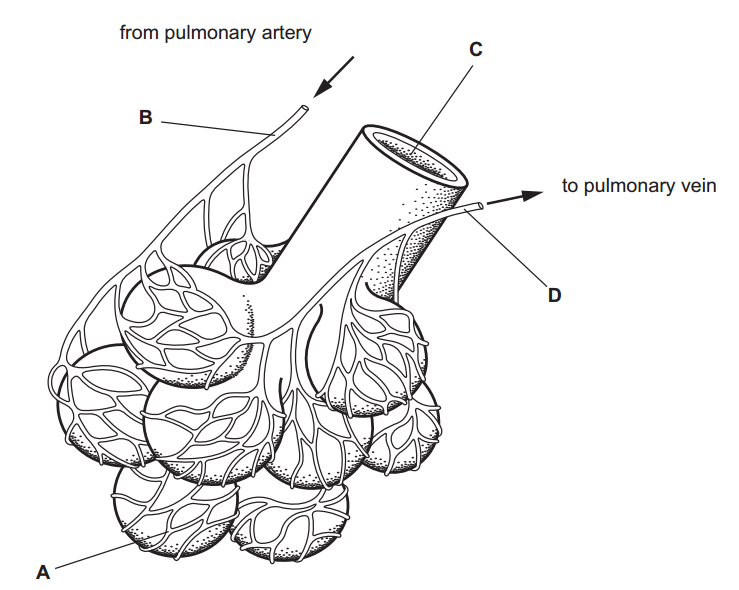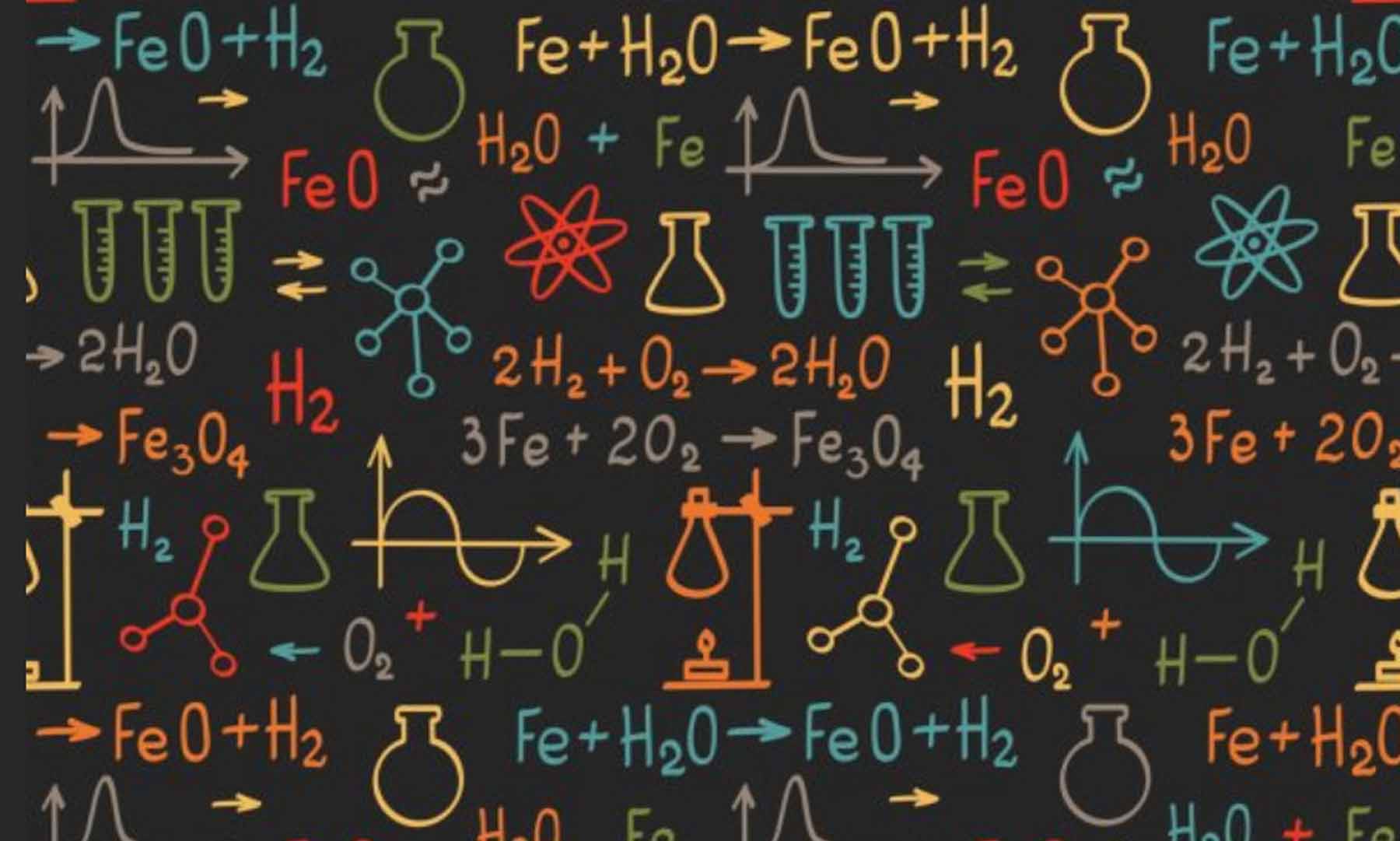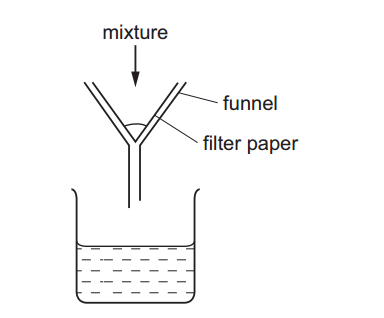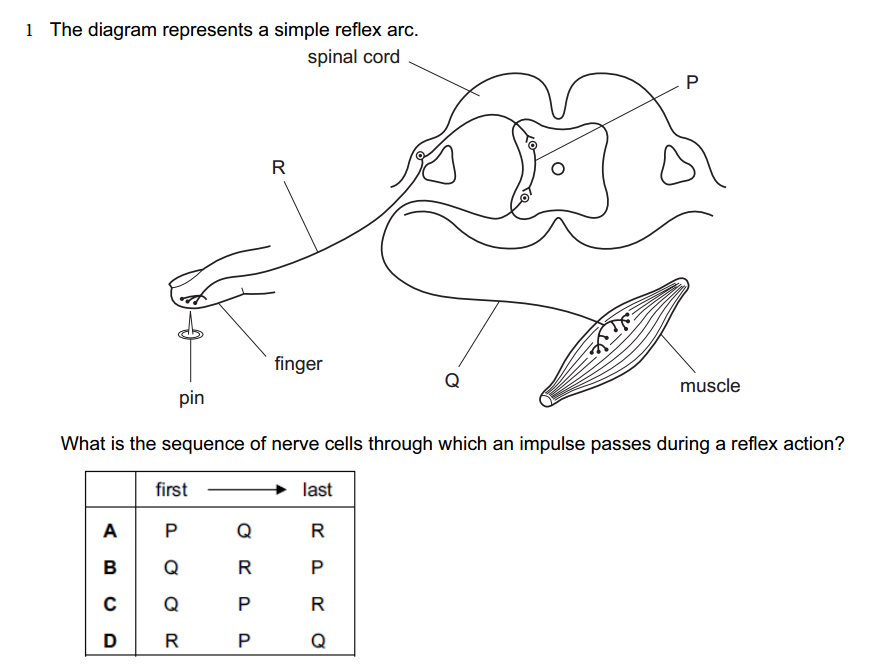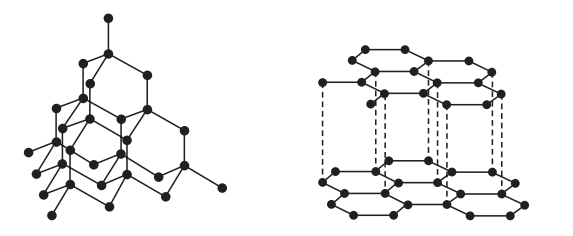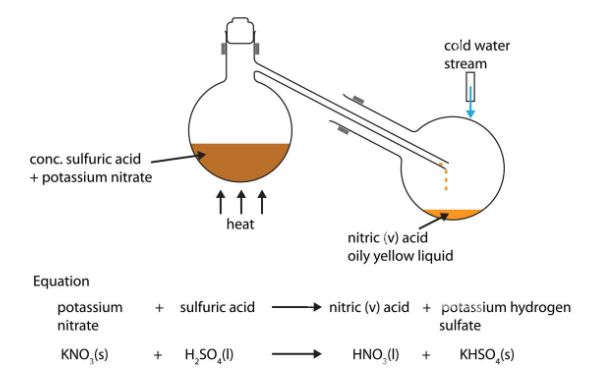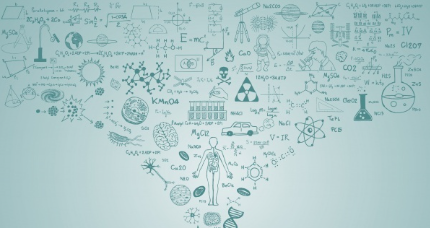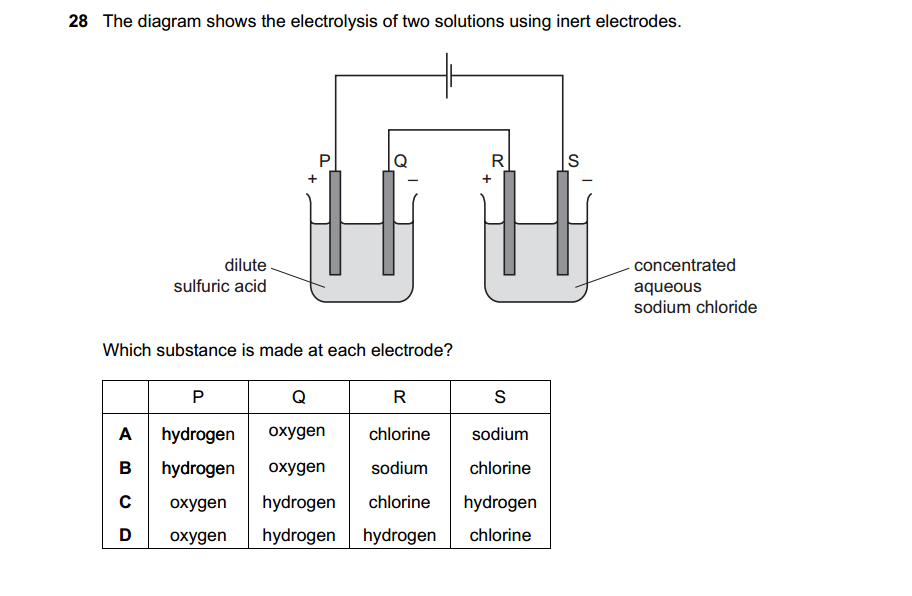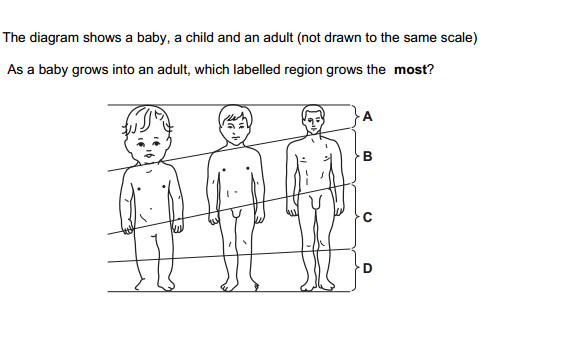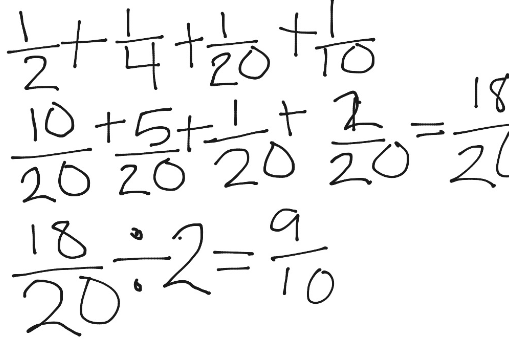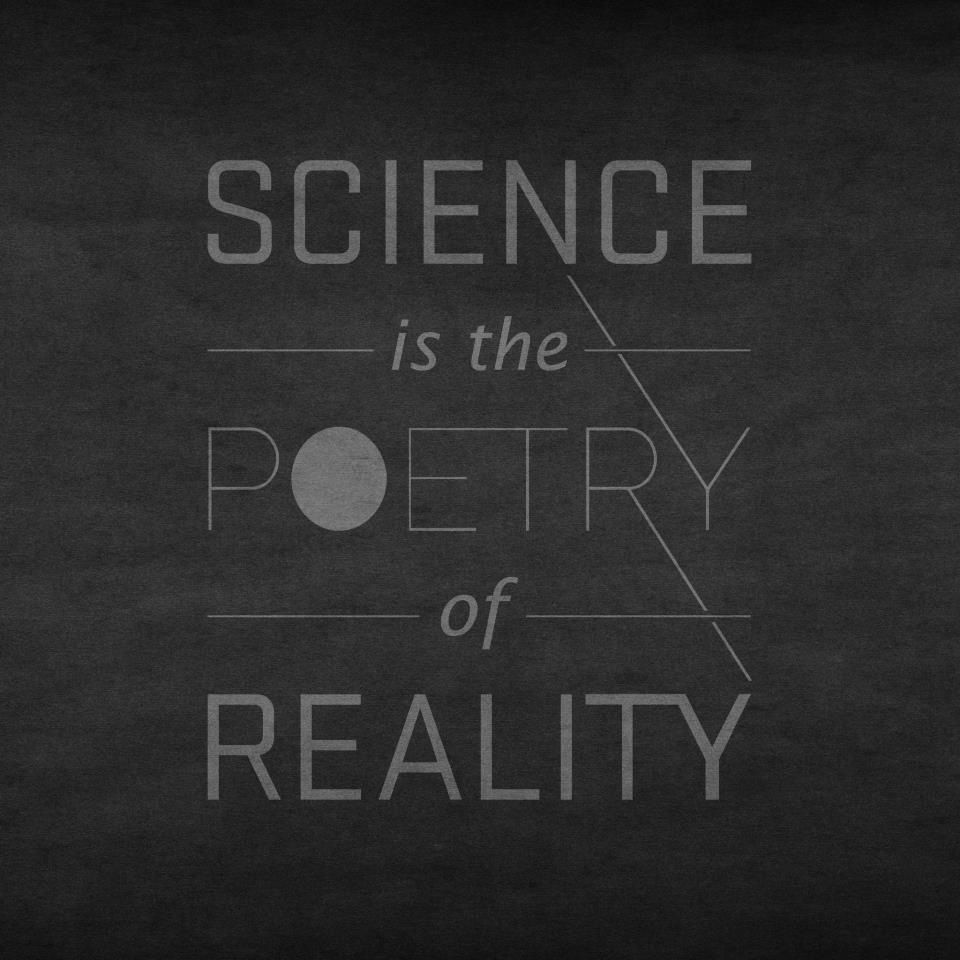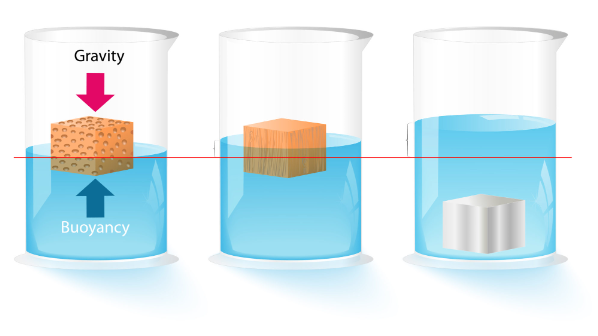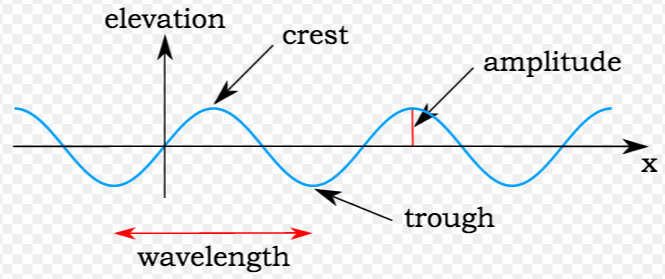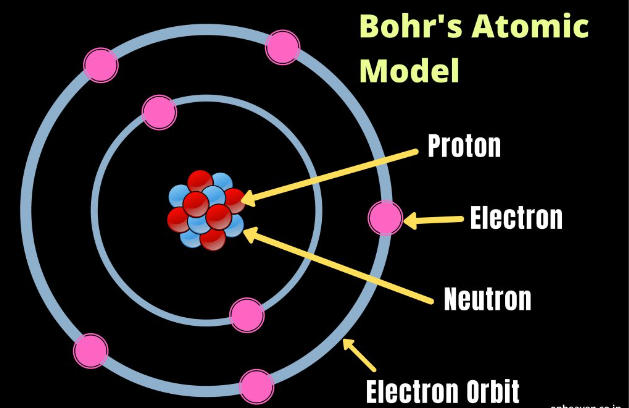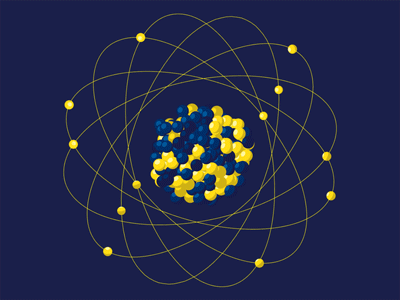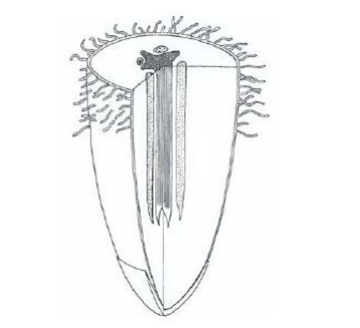- What is genetics?
- Who is considered the “Father of Genetics”?
- What is the structure of DNA?
- What are genes?
- What is the role of chromosomes in genetics?
- What are alleles?
- What is a genotype?
- What is a phenotype?
- What is the difference between dominant and recessive alleles?
- What is a Punnett square used for?
- What is genetic inheritance?
- What is a homozygous genotype?
- What is a heterozygous genotype?
- What is the difference between autosomal and sex-linked inheritance?
- What are genetic mutations?
- What is genetic variation?
- What is genetic engineering?
- What is gene therapy?
- How does genetics play a role in evolution?
- What are genetic disorders, and what causes them?
These questions cover various aspects of genetics and can serve as a starting point for exploring the fascinating field of genetics and heredity.
Answers to Questions above.
What is genetics? Answer: Genetics is the branch of biology that studies genes, heredity, and the variation of inherited traits in living organisms. Who is considered the "Father of Genetics"? Answer: Gregor Mendel is considered the "Father of Genetics" for his pioneering work on pea plants and the discovery of the basic principles of inheritance. What is the structure of DNA? Answer: DNA (Deoxyribonucleic acid) is a double-helix structure made up of nucleotides. Each nucleotide consists of a phosphate group, a sugar molecule (deoxyribose), and one of four nitrogenous bases: adenine (A), thymine (T), cytosine (C), and guanine (G). What are genes? Answer: Genes are segments of DNA that contain the instructions for building and maintaining specific proteins or RNA molecules. They determine various traits and characteristics in an organism. What is the role of chromosomes in genetics? Answer: Chromosomes are structures within the cell nucleus that contain DNA and genes. They play a crucial role in the storage and transmission of genetic information during cell division and reproduction. What are alleles? Answer: Alleles are different versions of a gene. They occupy the same position (locus) on homologous chromosomes and can be either dominant or recessive. What is a genotype? Answer: A genotype refers to the genetic makeup of an individual, representing the specific combination of alleles at a given set of loci. What is a phenotype? Answer: A phenotype is the observable physical and biochemical characteristics of an organism, resulting from both its genotype and environmental influences. What is the difference between dominant and recessive alleles? Answer: Dominant alleles express their traits even when present in only one copy, while recessive alleles require two copies (homozygous) to express their traits. What is a Punnett square used for? Answer: A Punnett square is a graphical tool used to predict the possible genetic outcomes of a cross between two individuals based on their genotypes. What is genetic inheritance? Answer: Genetic inheritance is the process by which genetic information is passed from parents to offspring through the transmission of genes on chromosomes. What is a homozygous genotype? Answer: A homozygous genotype contains two identical alleles for a particular gene (e.g., AA or aa). What is a heterozygous genotype? Answer: A heterozygous genotype contains two different alleles for a particular gene (e.g., Aa). What is the difference between autosomal and sex-linked inheritance? Answer: Autosomal inheritance refers to the inheritance of genes located on autosomes (non-sex chromosomes), while sex-linked inheritance involves genes located on the sex chromosomes (X and Y). What are genetic mutations? Answer: Genetic mutations are changes in the DNA sequence of a gene, which can result in altered proteins or functions and lead to genetic variation. What is genetic variation? Answer: Genetic variation refers to the differences in genetic material among individuals of the same species, contributing to diversity and adaptation. What is genetic engineering? Answer: Genetic engineering is the deliberate modification of an organism's genetic material using biotechnology techniques to introduce desired traits or correct genetic defects. What is gene therapy? Answer: Gene therapy is an experimental medical approach that aims to treat or prevent genetic disorders by introducing functional genes into the patient's cells. How does genetics play a role in evolution? Answer: Genetics and the passing of advantageous traits from one generation to the next play a significant role in natural selection and the process of evolution. What are genetic disorders, and what causes them? Answer: Genetic disorders are conditions caused by abnormalities in an individual's DNA or genes. They can be inherited from parents or result from spontaneous mutations.



